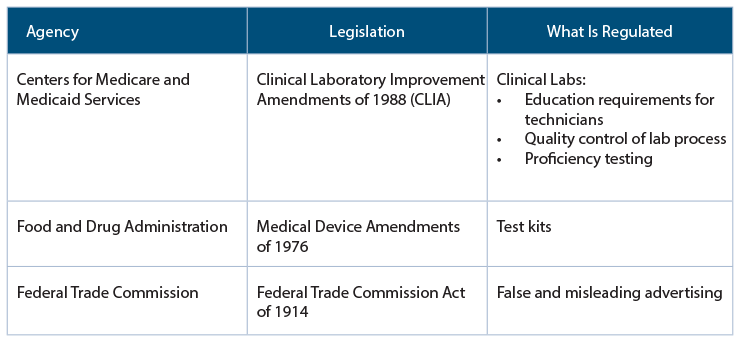All clinicians must be familiar with the details of DTC-GT, because patients, as well as friends and family members, may make inquiries of us regarding our opinions on this enterprise. The testing company 23andMe presents information on the issues of privacy and data protection for the purchaser that is important for physicians to review, including content on meaningful choice, privacy by design, third-party sharing, data security, and research. Some individuals may not understand the implications of the data handling and should be given some explanations, preferably by their physician, of what could “go wrong.” While there are conspiracy theories on how this data may be obtained and utilized by insurance companies and/or employers, the more likely scenario is that “data hacking” could result in the exposure of an individual’s personal genetic information, and no one knows just where that might lead.
Explore This Issue
July 2017Interpretation and Analysis
Physicians should consider some significant medical ethical issues for their patients, including informed consent, decision-making by the individual based on test results without knowledgeable physician interpretation, appropriate risk/benefit analysis of data acquisition, limitations of testing (including false positives and false negatives), and failure to interpret data appropriately in the context of the individual’s past and current health/wellness status. Individuals may place an order for genetic-based health testing without fully understanding the serious personal and family implications of the information they might receive.
Some individuals may be able to comprehend the impact of receiving genetic risk data regarding, say, Parkinson’s disease, on their own health, but may not fully appreciate the potential implications of sharing that information with other family members, especially young adults, for whom the data may cause considerable angst. Additionally, even for physicians, it is usually not possible to give a reasonable prediction of when—or if—a patient might begin to experience clinical symptoms of a disorder such as Parkinson’s disease. The patient’s diet and nutritional status, level of exercise, mental stimulation and agility, medication list, immune status, outlook on life, environmental exposures, and so many other factors play a role in modulating even genetically associated diseases. All of this can be discussed with the individual in a consultation with her/his physician but is not available without such professional input.

Federal Regulation of Genetic Tests
Security
Finally, the individual must be apprised of potential risks to the integrity of that very special personal health information should there be a breach of access security to the genetic database. The individual needs to consider how the data are protected, who has access to them, how they might be used in a research context, and whether or not employers and/or insurance companies could receive the data. These are all very serious concerns. Yet, it must be emphasized that the utilization of genetic information, on the whole, is still a very positive development with respect to personalized medicine and molecular drug therapy, helping us to better understand genetically associated diseases and how other health factors may influence their clinical course, and clarifying ethical and moral issues inherent to human genetics.